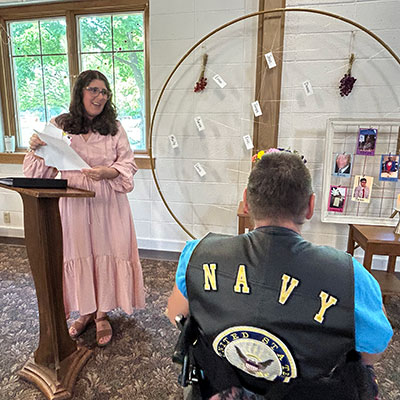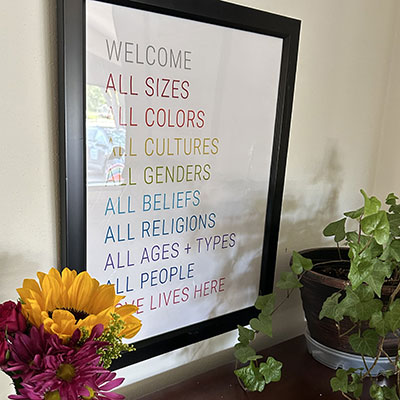
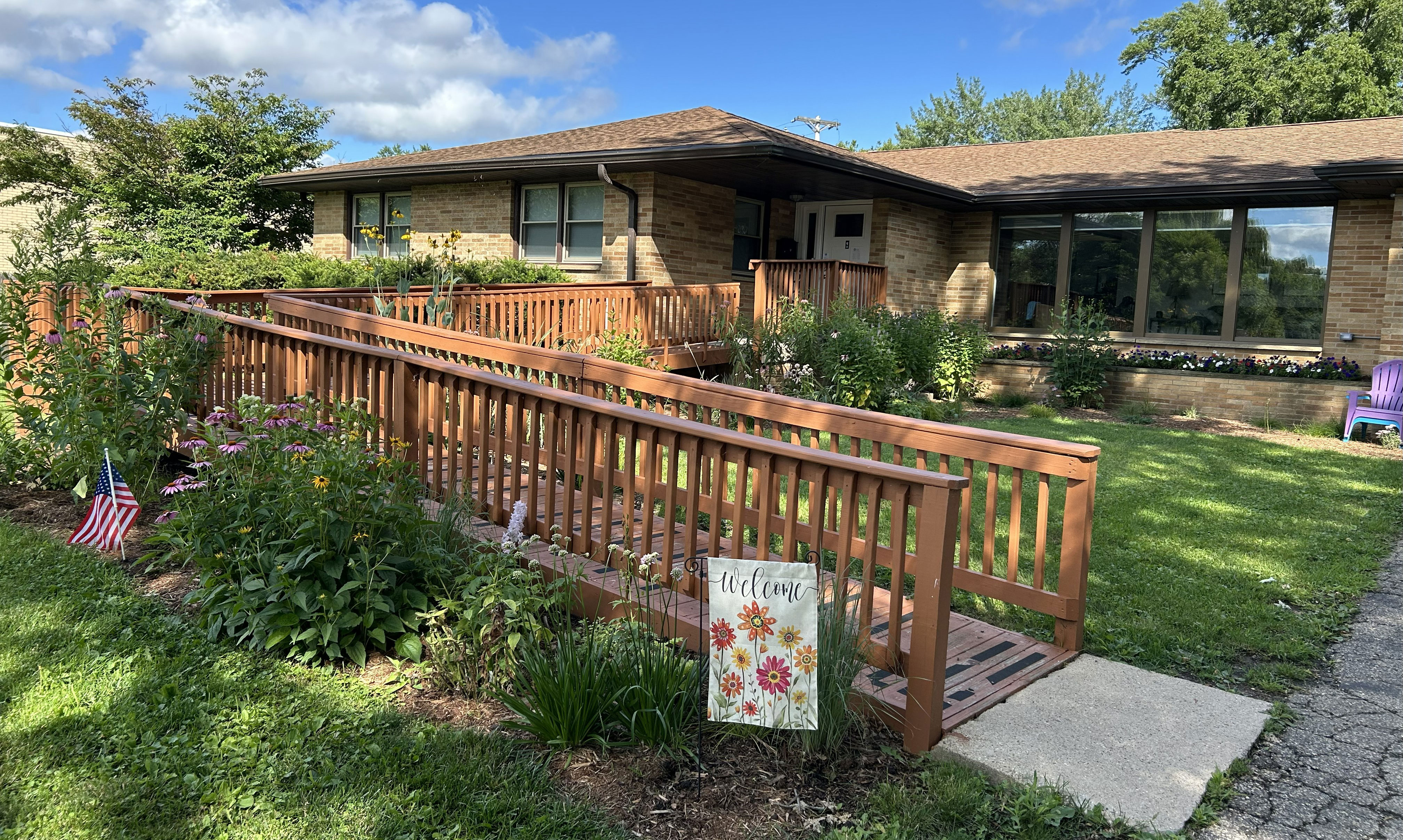


Solace Home is a 4-bed adult family home licensed by the state of Wisconsin. We provide housing and 24/7 caregiving for four adults aged 18 and older.
All of our residents have a terminal illness and a life expectancy of 6 months or less. All of our residents come to Solace Home from living on the street, in shelters, or unstable housing situations.
Solace Friends is not a hospice agency or inpatient hospice facility. All Solace Home residents enroll with a community hospice agency of their choosing and Solace Home caregivers and volunteers provide expert 24/7 end-of-life caregiving in collaboration with the hospice team.
People are accepted at Solace Home regardless of their ability to pay for the housing and caregiving we provide. We believe all people deserve access to compassionate end-of-life care when they are dying.
We accept residents that hospitals, inpatient hospices, or other congregate living settings may not be able to serve due to the individual’s lack of financial resources, complex medical or psychiatric conditions, or substance use disorders.
Solace Friends relies on the generosity of community donations to cover the cost of housing, food, medical supplies, and caregiving at no cost to our residents.
Solace Home helps people in need of housing and health care. If you are looking for assistance in these areas, the resources below may provide useful information and support. Please call Solace Friends at (608) 843-8191 if you need help connecting to resources.
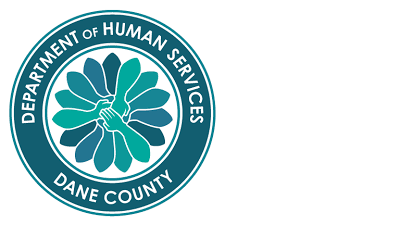
The Aging and Disability Resource Center (ADRC) of Dane County provides information about resources and support on all aspects of life related to aging or living with a disability. The ADRC is a one-stop shop for older adults, people with disabilities and their caregivers and families.
ADRC staff are unbiased and knowledgeable professionals who listen to your concerns, help clarify your options and direct you to appropriate resources. The ADRC is also the access point for information about long-term care options and applying for public benefits. Services provided by the ADRC are free and available to all Dane County residents regardless of income or assets.
The ADRC’s Resource directory contains an “End of Life” link to a list of local hospice agencies. ADRC Resources - End of Life
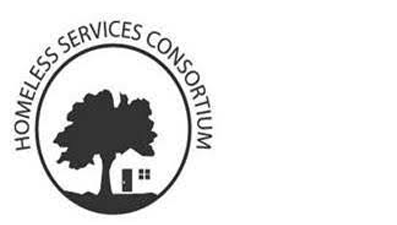
Homeless Services Consortium of Dane County is a partnership of agencies, funders, advocates, and formerly homeless persons committed to preventing and ending homelessness.ness.
The HSC membership shares the vision that all persons should have the opportunity to secure and maintain safe, stable and affordable housing. Members believe that housing is a human right.
Homeless Services Consortium of Dane County: Community Resources
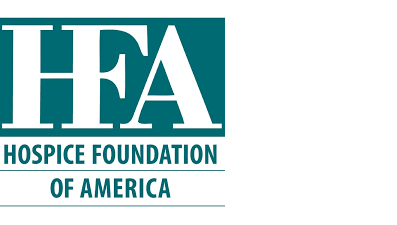
Palliative care is a specialized type of interdisciplinary medical care for people who are experiencing serious or life-threatening illness. Hospice care is a specialized type of care for people with a life expectancy of less than 6 months.
Palliative care and hospice care share similar a similar focus on relieving suffering and improving the quality of life for people with serious illnesses by managing symptoms like pain and stress, and providing psychosocial support, regardless of the stage of illness.
A list of local hospice and palliative care providers is in the ADRC Resource Guide.
The Hospice Foundation of America website contains useful information about hospice and palliative care.

The Omega Home Network (OHN) is a national member organization that supports the development of community homes for dying persons. Solace Home is a member of the OHN network and collaborates with other Omega Homes across the country to share best practices about how to care for dying people in our communities.

Solace Home is licensed by the Wisconsin Department of Health Services (DHS) as a 3-4 bed adult family home. An adult family home is considered an “assisted living facility” and is required to abide by the regulatory requirements as articulated in Administrative Code, Chapter DHS 88 Licensed Adult Family Homes.


